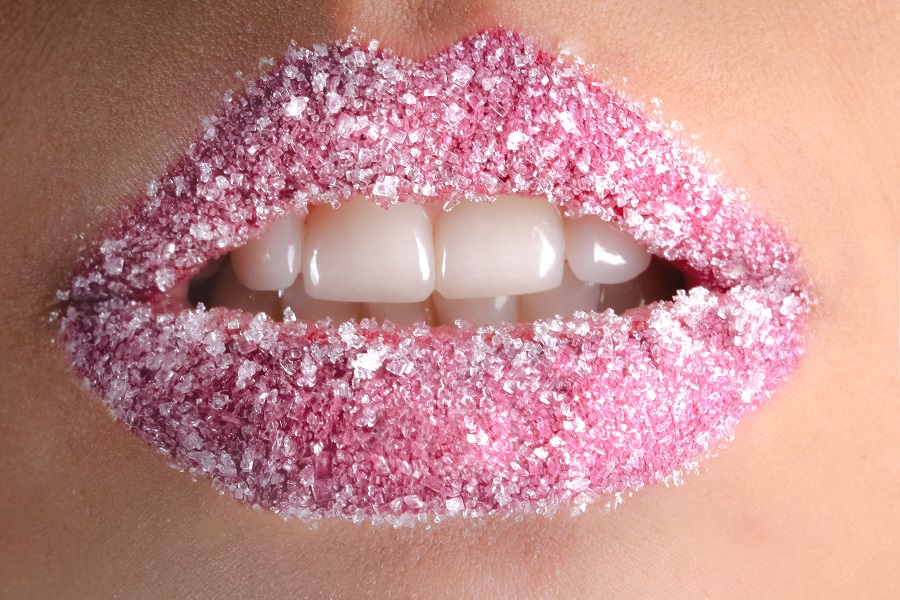Tooth pain can be caused by a number of things. It could be due to a cavity, an abscess, a cracked tooth, or gum disease. Sometimes, tooth pain may mean you need a root canal. Below are a few possible reasons why your teeth hurt.
Cavities
What are cavities, and what causes them, really? The short answer is that a cavity is a hole that forms in your tooth enamel and is caused by acids that wear away your protective tooth layer.
A cavity forms when germs that are found in your mouth feed on the sugars and starches you eat and produce acid as a byproduct. This acid wears away at your teeth by dissolving minerals in your enamel called hydroxyapatite. As a result, you get a hole in your tooth.
Of course, it’s not that simple! Let’s break down the key stages of tooth decay development to understand how and why it happens.
- Stage One: Dental plaque develops on teeth that are free of decay. Plaque is sticky and begins to build up on the surface of your teeth. Bacteria found in plaque produce the byproduct of acid when it feeds on the sugars you consume. The acid then begins to erode the surface of your tooth enamel.
- Stage Two: Your tooth enamel becomes weakened by constant exposure to acid. As this happens, holes in your tooth enamel begin to form. At this point, they’re known as “incipient lesions.” This is the very beginning stage of tooth decay.
- Stage Three: Incipient lesions develop into actual cavities. Small holes begin to expand and deepen in your tooth. This is called an “active lesion.” At this stage, you officially have a cavity.
- Stage Four: Decay reaches the inner layer of your tooth called the dentin. Once it’s reached the dentin, the tooth is considered decayed enough that a dentist can treat it with a filling or use a crown to cover the tooth entirely.
Sensitivity
Sensitive teeth can cause pain when drinking, eating, or brushing your teeth. This sensation can be triggered by cold air, hot foods, or acidic foods and drinks such as citrus fruits or tomatoes. If you have sensitive teeth, your dentist may recommend using a specific toothpaste for sensitive teeth to help reduce the discomfort. You should also avoid chewing on ice, biting your nails, or using your teeth to open packages -- all of which can irritate the nerves in your teeth and create sensitivity. Talk to your dentist about other things you can do to treat your sensitive teeth so you can get back to enjoying your favorite foods and beverages.
Weak teeth
If your teeth are weak, they are more likely to chip or crack when you bite down. You can reduce the risk of tooth damage by brushing your teeth with a soft-bristled toothbrush and using toothpaste that is approved by the American Dental Association. You should also avoid chewing on hard substances such as ice or very hard foods.
If you experience unexplained pain when eating or drinking something hot or cold, you should contact your dentist right away. He or she may recommend that you wear a mouth guard while you sleep to help protect your teeth and gums from temperature extremes.
Schedule an appointment with a dentist like Dr. George P. Varkey to learn more.
Cracks and fractures
While teeth do have a protective layer of enamel, this substance is not completely impenetrable to damage and decay. Food particles and bacteria can cause cavities to form in the enamel or beneath the gum line. This decay can eventually lead to cracks and fractures in your teeth if left untreated. Even the smallest fracture in your crown or tooth can lead to pain and sensitivity once exposed to foods and beverages that would normally be harmless.
Even though these cracks and fractures can be difficult to spot with the naked eye, your dentist will be able to spot signs of damage during a routine checkup and cleaning. The sooner these issues are addressed, the easier treatment can be and the less likely you will experience any further problems in the future.
When a crack or fracture has occurred, you will likely need restorative dentistry procedures to repair the issue and prevent further damage from occurring. Fillings or crowns can be used to protect and strengthen the tooth, so it is no longer at risk from the foods you eat and drink. If your affected teeth are in the back of your mouth, pull your lip out slightly so that you can view this area in the mirror to check if there are any cracks in the teeth or fillings. Contact your dentist to schedule a consultation as soon as possible if you are experiencing pain from cracked or broken teeth.
More Blog Posts
Save time by completing your new patient forms and sending them to us online or bring them with you to your first visit.
- MON - THU8:00 am - 5:00 pm
- FRI - SUNClosed








